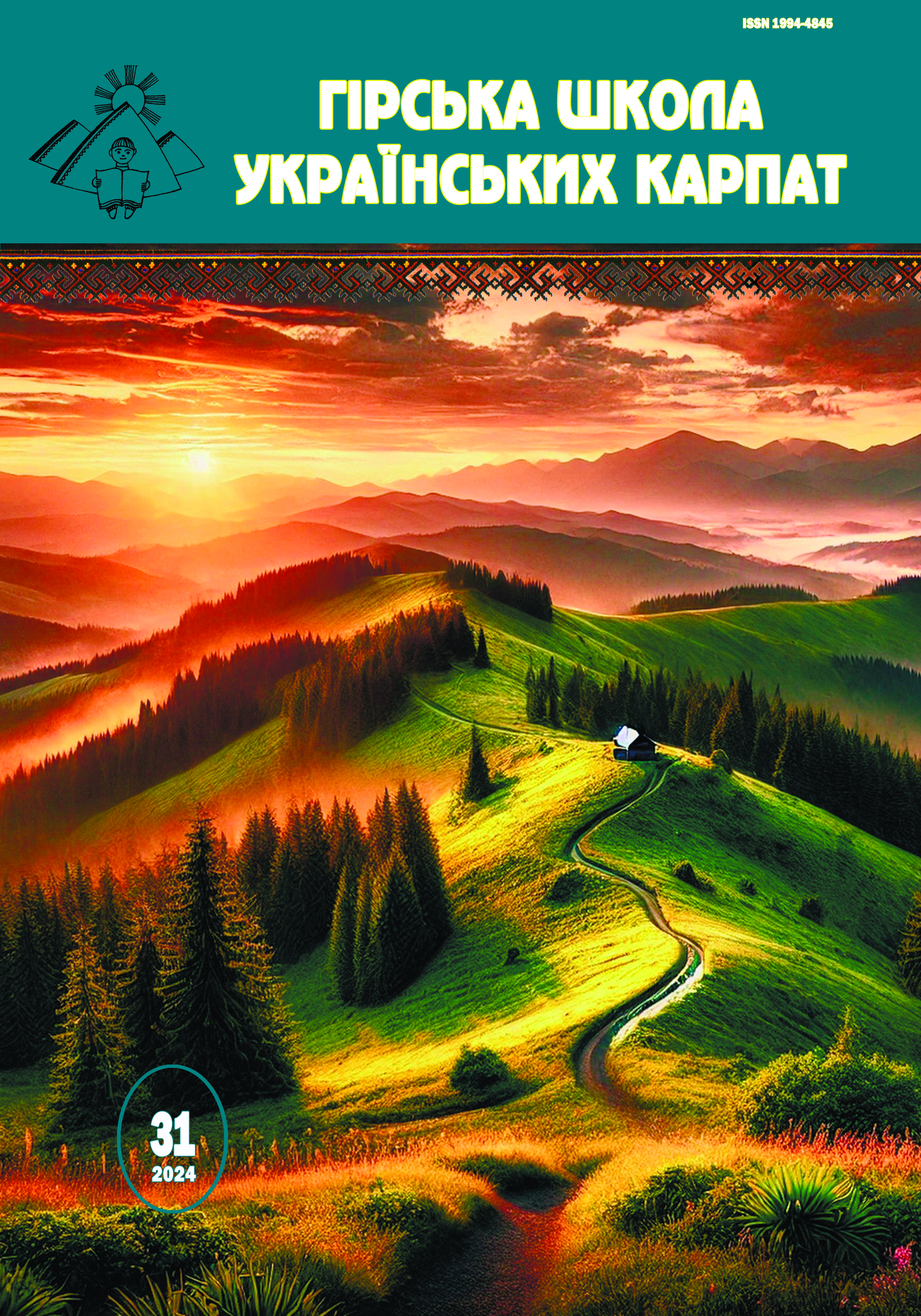COMPARATIVE AND PERSONALISED STUDIES OF THE FIGURES OF THE PEDAGOGICAL REFORM MOVEMENT OF THE LATE 19TH AND FIRST THIRD OF THE 20TH CENTURIES
DOI:
https://doi.org/10.15330/msuc.2024.31.12-16Keywords:
historiography of Ukrainian pedagogical science, pedagogical biography, pedagogical personality, foreign pedagogical reform movement of the late XIX - first third of the XX century, historiographical source.Abstract
The article carries out a substantive comparative analysis of more than two dozen identified varieties of comparative and personalised works (monographs, dissertations, scientific articles, materials of scientific conferences) on the figures of reform pedagogy of the late nineteenth - first third of the twentieth century. The scientific, theoretical and practical value of this work for the development of national pedagogy and education is determined. It is shown that scholars did not always take into account the methodological guidelines and requirements for the preparation of this group of studies, which relate to time periods, other features, and comparison criteria. A narrow circle of personalities has been identified as the subject of such studies. These were mainly well-known foreign figures - J. Dewey, Y. Korchak, M.Montessori, R. Steiner, on the one hand, and significant representatives of Ukrainian pedagogical thought - A. Makarenko, S. Rusova, V. Sukhomlynskyi, on the other. Less attractive for study were the dyads of foreign figures, both wellknown (J. Decrolli - S. Frenet) and less well-known (Alain - O. Reboul) in Ukrainian pedagogical science. Two conditionally defined methodological approaches to the preparation of this group of studies are characterised using specific examples. The first one, «mirror-comparative», involves comparing different aspects of biographies and pedagogical systems (identifying similar and different elements of biographies, authorial systems, individual ideas and views in turn). The second «parallel» approach focuses on a comprehensive holistic consideration of first one, then the other pedagogical personality, and then a comparative analysis of their biographies and pedagogical ideas. The advantages and limitations of each approach are determined, as well as the prospects for preparing studies that compare the views of three or more teachers rather than two, as usual. The scientific, theoretical and didactic significance of such studies for the development of pedagogical historiography and the educational process of Ukraine is summarised.


